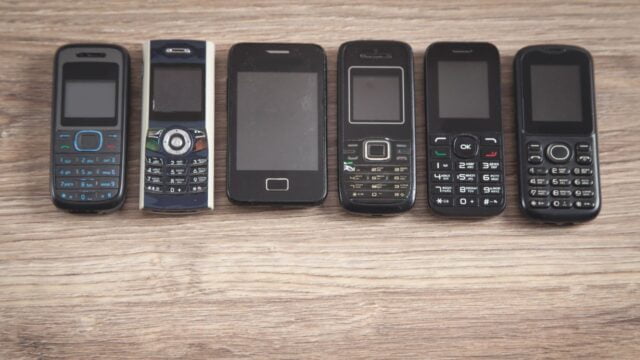Since their invention, cell phones have undergone a remarkable transformation, evolving from simple communication devices into essential companions that have revolutionized how we live, work, and interact with the world. The journey from the clunky, brick-like phones of the 1980s to today’s sleek, powerful smartphones reflects not only technological advancements but also a profound shift in our relationship with technology.
When cell phones first appeared, their primary function was to facilitate mobile communication. The ability to make calls on the go was a game-changer, liberating people from the constraints of landlines and introducing a new level of connectivity. However, early mobile phones were bulky, expensive, and primarily used by business professionals who could afford them. It wasn’t until the late 1990s and early 2000s, with the advent of smaller, more affordable models, that cell phones began to reach the masses.
The true turning point came with the introduction of the smartphone. The launch of Apple’s iPhone in 2007 marked a new era, blending communication with computing power in a pocket-sized device. Suddenly, cell phones were no longer just for calls and text messages; they became mini-computers, capable of browsing the internet, taking photos, playing music, and running a wide range of applications. This shift fundamentally changed how we interacted with technology and, by extension, with each other.
Today, cell phones have taken over almost every aspect of our lives. They are our primary means of communication, but they are also our cameras, calendars, entertainment centers, and even our wallets. Social media apps like Instagram, Facebook, and Twitter have further cemented the cellphone’s role as a central hub for our social interactions, making it possible to stay connected with friends and family around the clock, regardless of physical distance.
However, this constant connectivity has a downside. The omnipresence of cell phones has blurred the lines between work and personal life, leading to issues like digital burnout and decreased face-to-face interactions. The compulsion to check our phones constantly can detract from real-life experiences, and the pressure to stay connected can be overwhelming.
In conclusion, cell phones have transformed from simple communication tools into indispensable life companions. While they have undoubtedly enhanced our ability to connect and share information, they have also introduced new challenges that society is still grappling with. As we continue to integrate these devices into every facet of our lives, it’s crucial to find a balance that allows us to enjoy the benefits of connectivity without losing touch with the real world.







